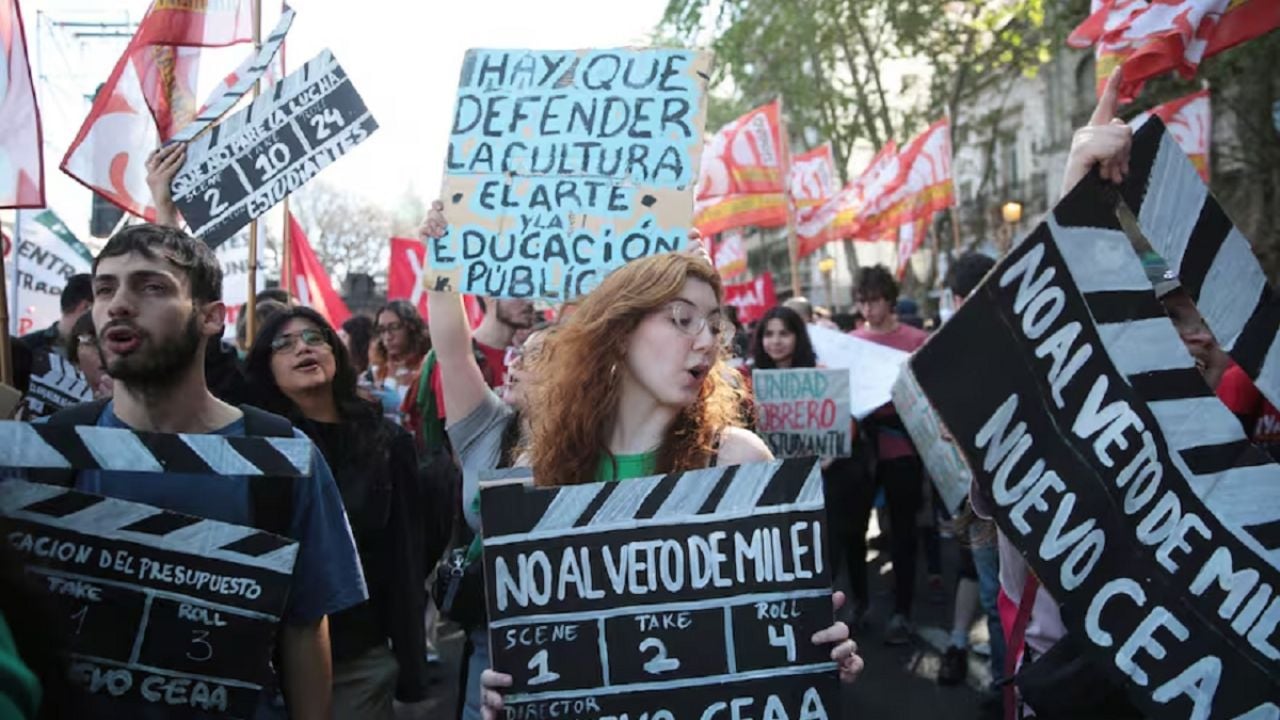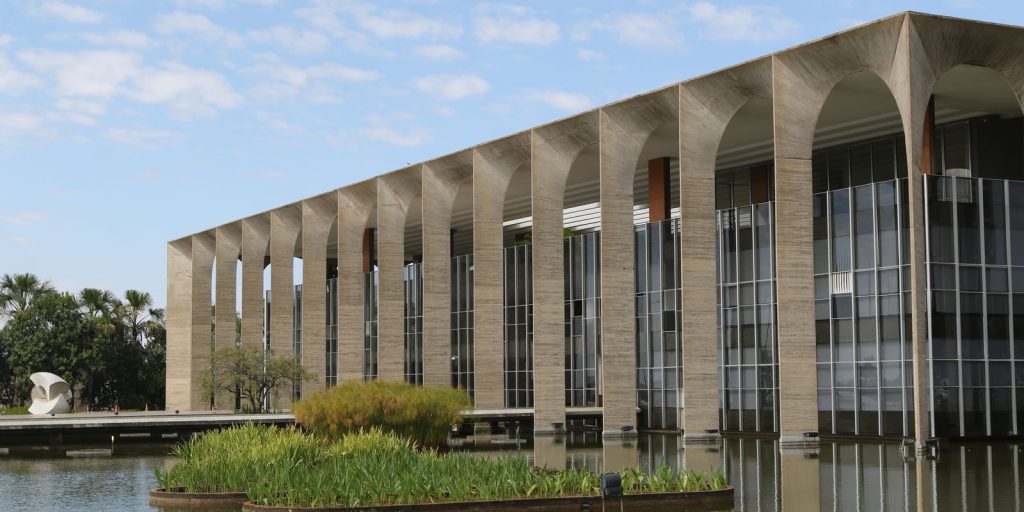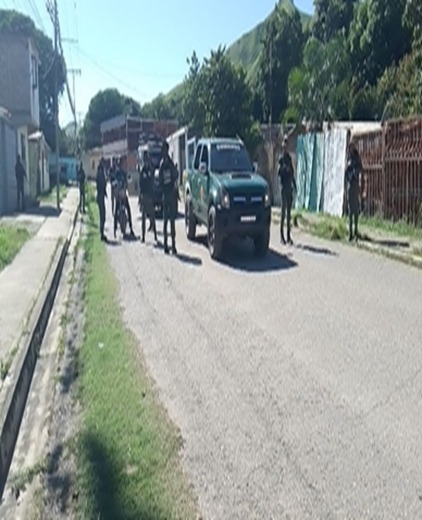The recent veto of the Argentine president Javier Milei The university financing law has generated a great stir in the country, especially after the massive mobilization in defense of public education. This event has highlighted the existing tensions between the government and various sectors of society that advocate for greater investment in higher education.
Javier Milei He vetoed the university financing law that had been approved by both Houses of Congress. The main objective of this law was to guarantee adequate and sustained financing for the country’s public universities, adjusting the budget based on inflation and other economic indicators.
The decision of Milei It occurred hours after a massive mobilization in Buenos Aires, where tens of thousands of students, teachers and citizens gathered in front of Congress to express their support for public education and demand the enactment of the law.
The march included the participation of opposition political figures, unions and student organizations, who expressed their rejection of the presidential veto. The government of Milei He justified the veto by arguing that the university financing law violated the objective of achieving zero deficit, one of the main goals of his administration..

According to the decree published in the Official Gazette, the bill tangibly affected the economic policy objectives set by the government, compromising the country’s fiscal stability. The reaction of society was immediate.
The mobilization in defense of public education was one of the largest in recent years, reflecting the deep discontent of broad sectors of the population with the government’s educational policies. Students and teachers expressed concern about the future of public universities and the quality of education they can offer without adequate funding.

Impact
The veto of Javier Milei The university financing law has significant implications for public education in Argentina. Public universities, already facing financial challenges, could see their situation worsened without the financial support necessary to maintain and improve their facilities, academic programs and faculty salaries.
This could affect the quality of education and limit students’ access to quality higher education. The future of the college funding law now depends on Congress, which could try to override the presidential veto. To do so, he would need to muster a two-thirds majority in both Houses, a considerable challenge given the current political landscape.
follow us on Google News and on our channel instagramto continue enjoying the latest news and our best content.


















